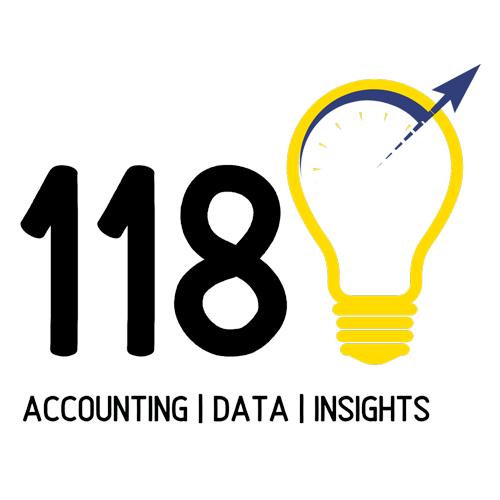Two separate sets of books…for the right reasons
Following on from our previous scaling up posts , the next MUST HAVE is keeping two separate sets of books. One for compliance or tax reporting and the other for internal management reporting – the goal of which is to simplify the numbers.
Right about now you are probably thinking, how does this save me time and benefit me… “now I need to have two accounting programmes for different reasons” that sounds like TWICE the amount of work? NO NO NOT AT ALL!!! Let me explain:
Two separate sets of books is simply the same financial information presented differently. The difference between the two, depends on the needs and requirements of the end user/consumer of the financial information.
The most common format are the ones you are most likely used to seeing and signing on an annual basis. Annual Financial Statements (AFS) or Statutory Financial Statements (SFS), reflect your businesses’ financial information in a manner that is easily understood by external users globally – think investors, banks, finance institutions, and the tax man a.k.a SARS. AFS or SFS are compiled based on international rules and standards (International Financial Reporting standards (IFRS) or Generally Accepted Accounting Principles (GAAP)).
The second set of books are for internal use and provide greater levels of detail, referred to as management accounts. No two sets of management accounts will be the same, since every business is different, and every business owner requires different information to make business critical decisions.
As an example, management accounts will split out manpower costs (staff costs) by department or function (sales, administrative, operational, management, etc…) and further by region (highveld, lowveld, or north, south, east, west etc…) or by product or service. This gives management insights into the true profitability of each segment of the business, taking a complex amount of information and simplifying the numbers.
Having access to this level of detail means management can quickly identify issues in the business and be proactive in resolving them.
The best part is that both sets of books can be created and managed in one system – provided you are using the right system that that has the functionality to segment your business and easily create the required reports – Like Xero!
If you are ready to take your business to the next level and are curious about how Xero can answer business critical questions, let 118Accounting show you how your numbers can talk!

